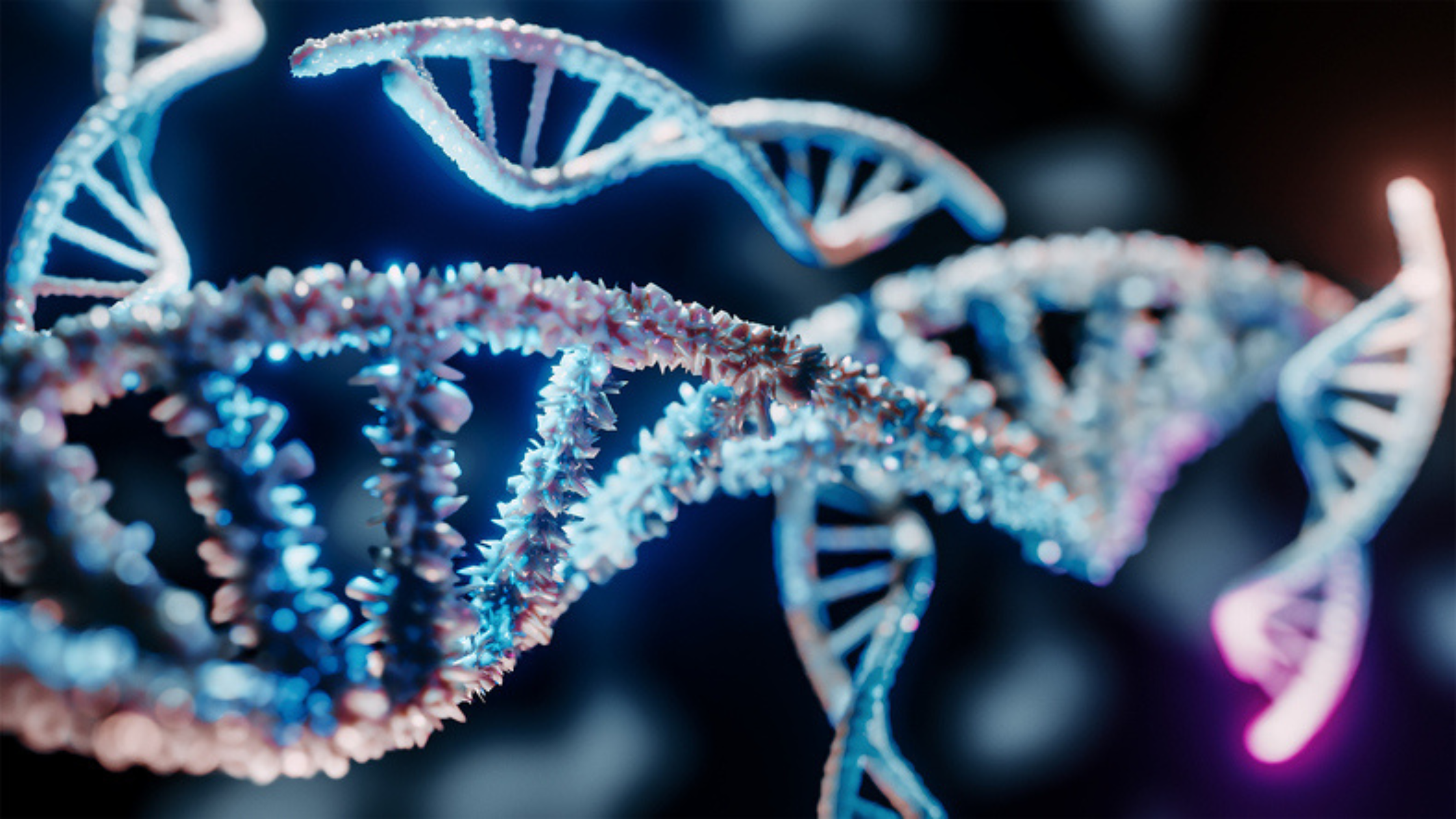Calcium Alpha-Ketoglutarate (Ca AKG) has indeed been making significant headway in the field of longevity research. Scientists have been exploring its potential to extend lifespan and improve healthspan. This blog will provide an understanding of all things Ca AKG, exploring its advantages, research, potential risks, and presence in foods.
What is Ca AKG?
Calcium Alpha-Ketoglutarate (Ca AKG) is a compound that combines calcium with alpha-ketoglutarate, a critical molecule in the Krebs cycle. This cycle is vital for energy production within cells, making Ca AKG an intriguing supplement for those looking to boost their health and vitality (R).
How Does Ca AKG Work?
Let's dive deeper - at its core, Ca AKG supports the body's energy production by facilitating the efficient functioning of the Krebs cycle. It acts as a substrate for energy production, entering the cycle by combining with ammonia to form glutamate, which is then transformed into alpha-ketoglutarate (AKG).
This process not only aids in energy production but also helps in the recycling of the components necessary for the continuation of the cycle, ensuring a steady supply of energy to the body.
Additionally, it plays a role in amino acid synthesis and cellular detoxification, potentially positively impacting various aspects of health (R).

Health Benefits of Ca AKG
The allure of Ca AKG lies in its diverse health benefits, and it’s health benefits are derived from its critical roles in the body's metabolic processes. Ca AKG's key benefits include:
Improving Bone Health: Ca AKG supports bone formation and repair through the synthesis of collagen and improves calcium absorption, which is vital for maintaining bone density and preventing osteoporosis (R).
Enhancing Endurance: By optimising energy production in the Krebs cycle and supporting amino acid synthesis for muscle repair, Ca AKG can improve physical performance and endurance, making it beneficial for athletes and physically active individuals (R).
Promoting Longevity: Ca AKG aids in cellular detoxification and supports mitochondrial health, contributing to healthier aging. It may also have positive effects on gene expression and epigenetic modulation, potentially slowing down aging processes and offering protective benefits against age-related diseases (R).
The Evidence Behind the Benefits of Ca AKG
AKG contributes to bone tissue formation and has been used in clinical applications to decrease protein catabolism and increase protein synthesis, thus enhancing bone health (R).
AKG supplementation has been found to induce beneficial changes in serum levels of C-terminal cross-linking telopeptide of type I collagen (CTX) in postmenopausal women with osteopenia, suggesting its usefulness in maintaining bone mass (R).
AKG is a key molecule in the Krebs cycle and acts as a nitrogen scavenger. It is critical in stimulating protein synthesis and inhibiting protein degradation in muscles, potentially enhancing endurance and physical performance (R).
Ca AKG has been shown to extend lifespan and compress morbidity in aging mice by reducing levels of systemic inflammatory cytokines, suggesting its role in suppressing chronic inflammation and enhancing longevity (R).
Potential Risks and Side Effects of Ca AKG
While the promise of Ca AKG is compelling, it's crucial to weigh both its potential health benefits and associated risks. This balanced approach ensures you make informed decisions before incorporating Ca AKG into your wellness routine.
While generally considered safe, excessive intake may lead to adverse effects, such as gastrointestinal discomfort or imbalances in mineral levels. It's advisable to consult healthcare professionals before starting any new supplement regimen.

Can You Get Ca AKG From Food?
Supplementation is the primary means of increasing Ca AKG levels in the body. This is because Ca AKG is not commonly found in food in significant amounts.
However, certain foods can indirectly support the body's production of AKG or provide precursors to its components:
Fruits and Vegetables: Some fruits and vegetables contain citric acid cycle intermediates or their precursors, which can support the body’s natural production of AKG. Foods rich in antioxidants and nutrients can also aid in the overall efficiency of the Krebs cycle.
Protein-rich Foods: Foods high in protein contain amino acids, which can be converted into AKG through various metabolic pathways. For example, glutamine and arginine can be metabolically converted into glutamate, which can then be converted into AKG.
While it is possible to support the body's natural production of AKG through a balanced diet rich in fruits, vegetables, and protein, obtaining Ca AKG specifically from food is not feasible.
Dietary supplements are the most effective option for those looking to increase their intake of Ca AKG specifically.
Conclusion
Calcium AKG presents a promising avenue if you're looking to enhance health and longevity through supplementation. By understanding both the potential Ca AKG benefits and the Ca AKG side effects, you can make informed decisions about incorporating Ca AKG into your health regimen.
As with any supplement, moderation and professional guidance are key to harnessing Ca AKG's potential safely and effectively.





